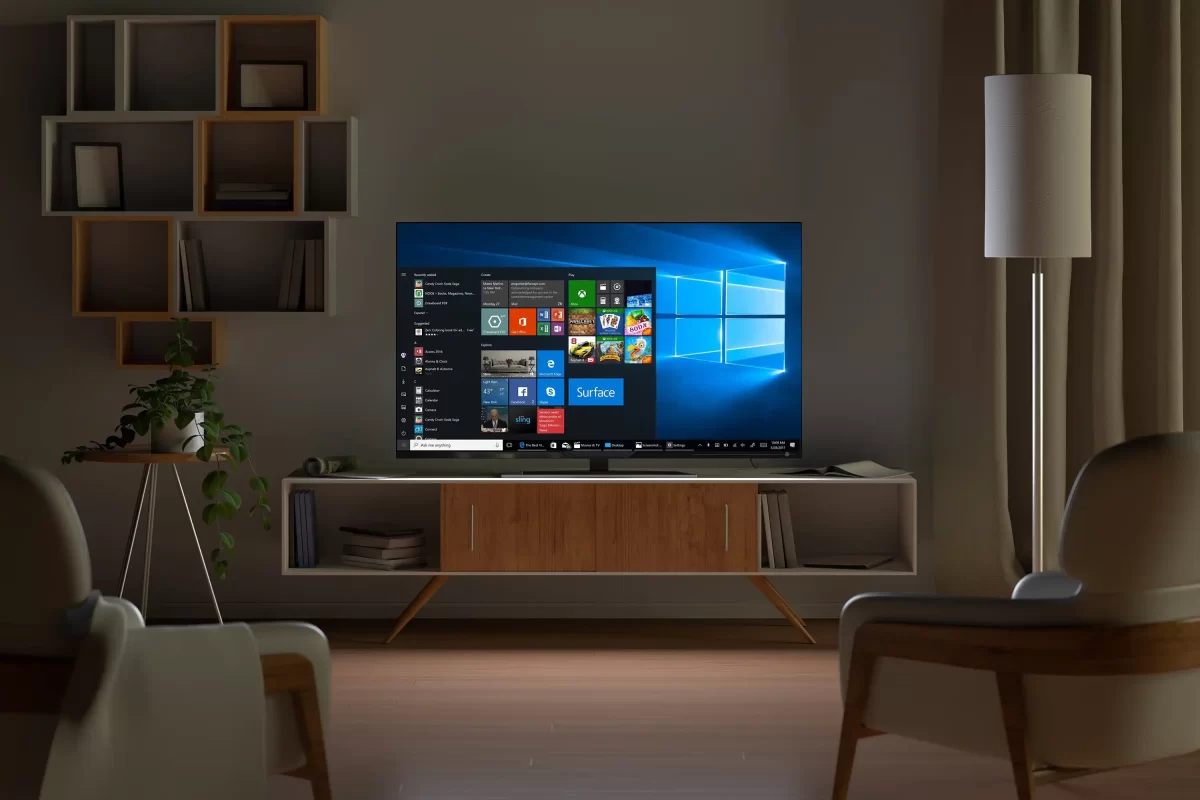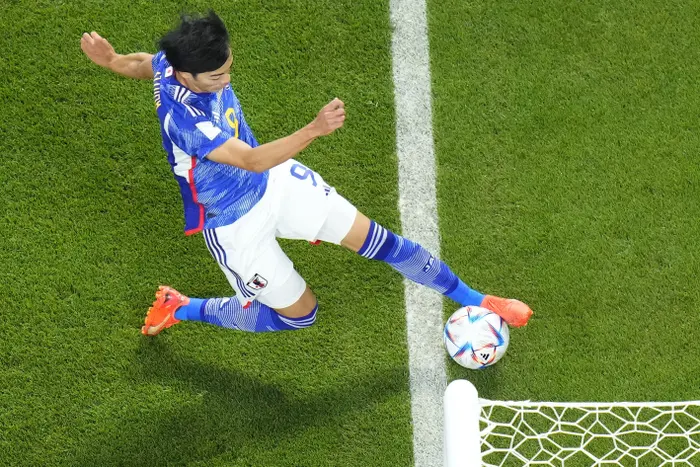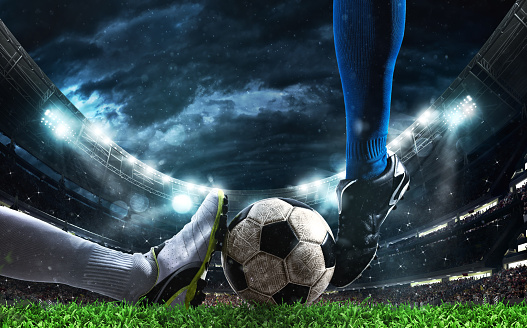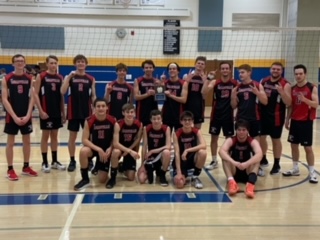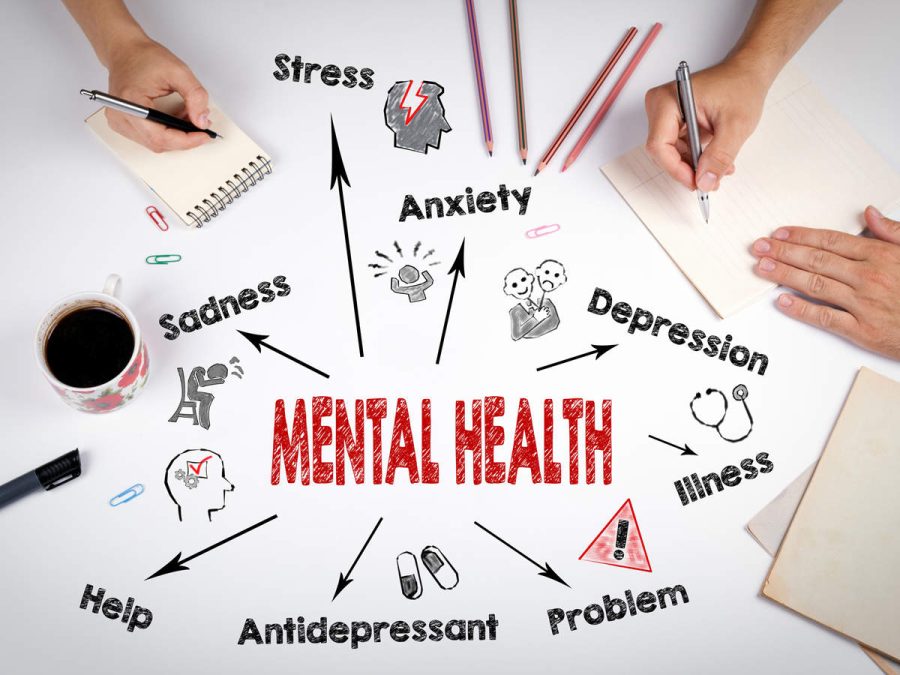Injuries Aren’t Always Visible
October 27, 2021
You open your eyes, the brightness hits you like a brick wall. It’s 7a.m. you wake up, get dressed and eat breakfast while you finish up some homework. Just like that, you’re off to school. During your first class you remember you forgot to do your homework, so you sit there and worry about what else you might have forgotten. After all your classes you have a half hour break time before practice which isn’t a good break because you have to get changed, finish homework, and eat. In no time you’re standing on the court getting ready to start practice, now it’s time to forget everything that happened in your day no matter how bad or good it was because at practice you have to perform and get better. After practice you gather your stuff and go home, you shower, eat, do homework, and do chores. Suddenly, you only have one hour to get ready for bed and go to sleep at a reasonable time. You get in bed and stare at the ceiling releasing you have to do it all again tomorrow. If this makes you feel overwhelmed then you are experiencing what an athlete does on the daily.
Mental health struggles are real with student athletes. According to the ACSM, “approximately 30% of women and 25% of men who are student-athletes report having anxiety, and only 10% of all college athletes with known mental health conditions seek care from a mental health professional.” 55% of student athletes (men and women) have struggled with anxiety, that is over half of college athletes in the U.S. It’s difficult to understand what anxiety and stress is when you can’t see it or touch it. Anxiety is defined as a feeling of worry, nervousness, or unease, typically about an imminent event or something with an uncertain outcome. If you break your ankle it will hurt badly, not many people know but anxiety hurts just as bad if not worse than a physical injury but just in a different way.
Small buildups of stressful situations cause anxiety. It is difficult to understand what you can’t see or touch. One thing you can do to help avoid the small buildups is to turn “what if?” statements into positive thoughts. An example of this is instead of thinking, “What if I do bad on this test.” say, “I am preparing myself for this test and I am going to do great.” Sometimes it seems cheesy but it helps a lot. When you get anxiety your heart and mind starts racing, you lose focus, and your breathing becomes erratic. It is a feeling no one wants to experience but it is something people experience on the daily.
Mental health and anxiety in athletes is real. It can happen to anyone at any time, so try to stay positive and don’t let small situations snowball into big ones. To reflect, over half of college athletes struggle with anxiety and mental health but only 10% of those athletes actually go to a professional to receive help. If you ever feel overwhelmed, consider talking to an adult or going to the guidance office for help. An athlete’s daily schedule is very overwhelming at times and it can also be a very good schedule. It just depends on the day. I hope you learned that mental health is something that student-athletes deal with frequently, please consider some of the tips to help your mental health and anxiety.
Sources
https://www.mayoclinic.org/diseases-conditions/anxiety/symptoms-causes/syc-20350961







